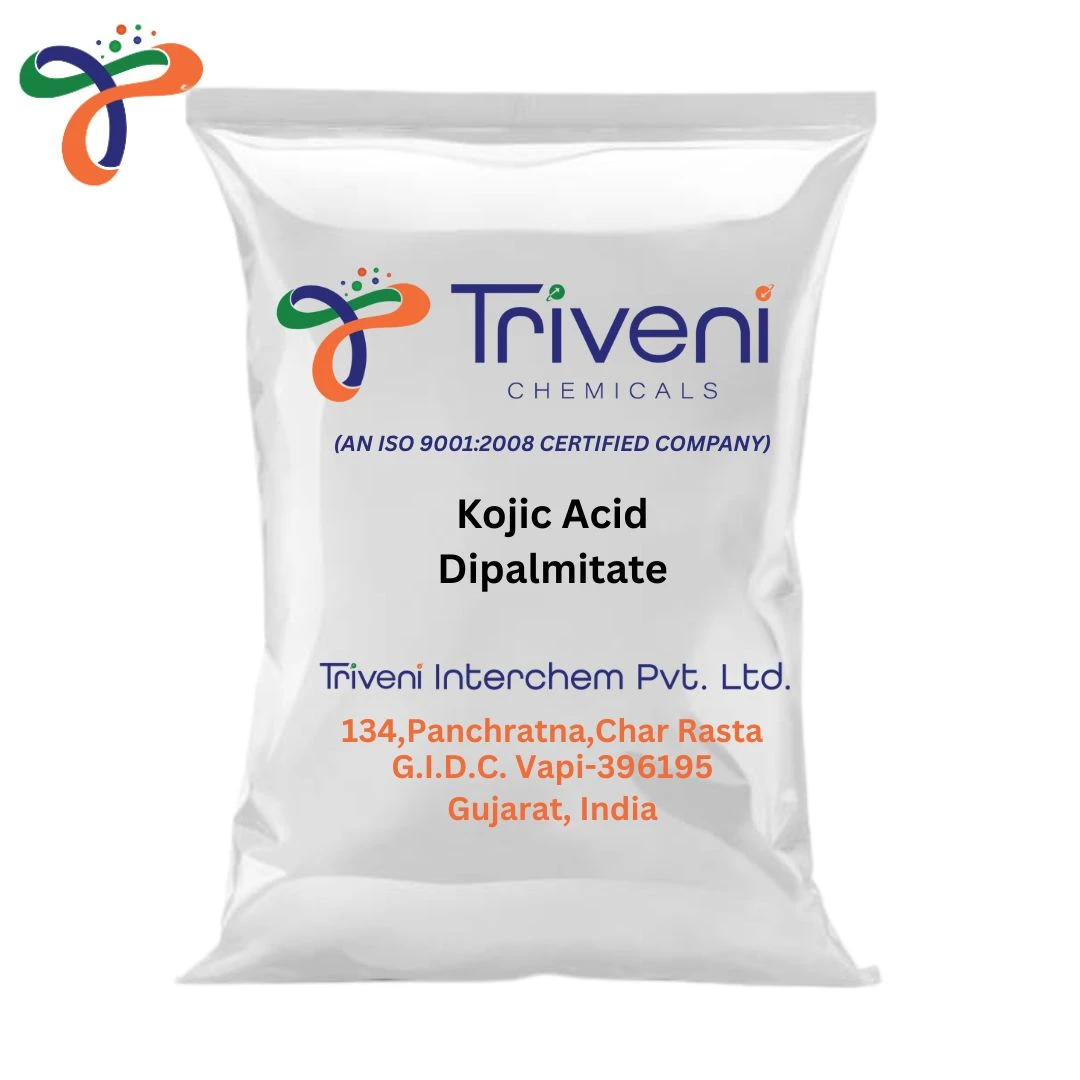A frequent skin problem known as hyperpigmentation is when certain skin areas darken more than the surrounding area. The pigment known as melanin, which gives skin its color, is produced in excess, which results in this darkening. Although hyperpigmentation is often benign, it can cause self-consciousness in many individuals, leading..
A frequent skin problem known as hyperpigmentation is when certain skin areas darken more than the surrounding area. The pigment known as melanin, which gives skin its color, is produced in excess, which results in this darkening. Although hyperpigmentation is often benign, it can cause self-consciousness in many individuals, leading them to look for ways to lighten or even out their skin tone.Hyperpigmentation comes in a variety of forms, each with unique causes and traits. Post-inflammatory hyperpigmentation is a common form that follows a skin injury or inflammation. Cuts, burns, acne, and even extremely severe skin treatments might be the cause of this. As part of the healing process, the skin creates extra melanin in response to injury or irritation, which results in dark patches or spots.Melasma, also referred to as the "mask of pregnancy" due to its prevalent occurrence in pregnant women, is another type of hyperpigmentation. Melasma, which typically manifests as dark patches on the face, is thought to be brought on by hormone fluctuations and sun exposure. Because they naturally have more active melanocytes—the cells that produce melanin—people with darker skin tones are more likely to develop melasma. One of the main causes of the majority of hyperpigmentation types is sun exposure. Tannin is caused by the stimulation of melanin synthesis by UV radiation. Dark patches may appear as a result of this procedure if melanin is distributed unevenly. For this reason, regardless of skin tone, using sunscreen every day is essential for avoiding and treating hyperpigmentation.Depending on the nature and extent of the problem, there are many treatment options for hyperpigmentation. Over time, hydroquinone, kojic acid, and retinoids found in over-the-counter lotions can help lighten dark spots. For deeper pigmentation, more intensive methods such as chemical peels and laser treatments can be useful. It's crucial to remember that for optimal effects, these treatments could call for several sessions and regular use of sunscreen.Forhyperpigmentation management, a regular skincare regimen is crucial in addition to these therapies. Evening out skin tone and halting the progression of pigmentation can be achieved by gently washing, exfoliating, and applying products containing vitamin C and niacinamide. For each incidence of hyperpigmentation, speaking with a dermatologist can help identify the best course of action.


